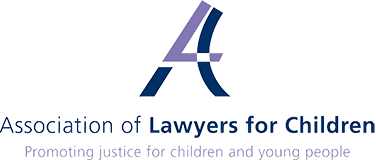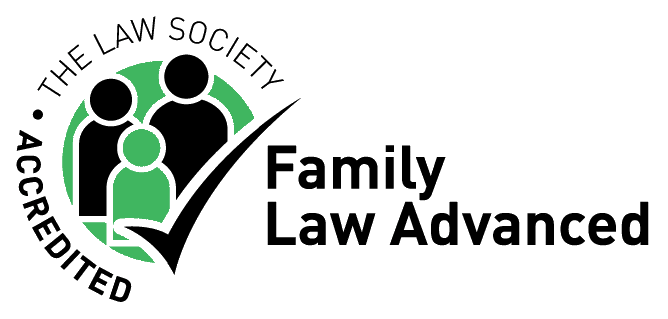At the beginning of a claim, one of the first questions we are often asked is how will I fund my Medical Negligence claim?
There are three ways you can fund a claim
1) Legal Expenses Insurance policy
2) Legal Aid
3) Conditional Fee Agreement (CFA) also referred to a ‘no win no fee’ agreement.
Legal Expenses Insurance ( LEI)
You may have a legal expenses policy you could use to provide cover for a medical negligence claim, even if you might not know you have it. It is advisable to consider whether your home, car, credit card or any other policies includes ‘before-the event’ BTE legal expenses insurance. However, you should check your cover as some policies will only allow you to be represented by one of the insurer’s own panel of solicitors who may not carry specialist medical negligence accreditation. Policies may also provide insufficient financial cover to fund your clinical negligence case. We are always happy to review any documentation you have regarding your legal expenses cover and to advise regarding this.
At Powell and Co, we have specialist medical negligence accreditation from both Action Against Medical Accidents (AVMA) and the Law Society.
Legal Aid
Many people have heard of Legal Aid funding. Since April 2013, Legal Aid is available in only limited circumstances, mostly birth injury claims, where the negligence occurred either during pregnancy, during birth or within the first 8 weeks after birth. The negligence must have resulted in a severe disability.
To qualify for Legal Aid, you will have to satisfy a means (legal aid look at your income and outgoings) and merits (whether there appears to be an arguable case) test. The means assessment is based on the child’s income. Whether the merits test can be satisfied will depend on the facts of the case. Not all firms offer Legal Aid.
Funding a claim with legal aid has both advantages and disadvantages and may not always be the best option for funding your child’s claim. For example, the Legal Aid Agency generally will not consider granting legal aid to enable investigations into a case to start until a formal diagnosis has been provided for the birth injury. It is important then to be properly advised on what is the best option for your child. Here at Powell and Co, we have a Legal Aid franchise in clinical negligence, so we are able to apply for legal aid if this is the option you chose.
Conditional Fee Agreement
If you are not eligible for Legal Aid a Conditional Fee Agreement (CFA) sometimes referred to as a “no win, no fee” arrangement is the commonest way to fund your claim.
CFAs are a legal funding arrangement where if your claim is unsuccessful, we will not charge you for the time we have spent working on it. If, however, your claim is successful and you receive compensation, we will seek to reclaim our costs from the defendant.
In order to take the risk of taking a claim on and risk not being paid, a solicitor can request payment of a success fee which often forms part of the terms of the CFA. A success fee is only payable if your solicitor is successful in settling your case. The success fee is payable out of any damages awarded. In medical negligence cases the success fee you pay will never be more than 25% of the part of the settlement that relates to general damages (pain and suffering) and past losses. For the purposes of the success fee, the future losses are not taken into account.
It is important to note that a Conditional Fee Agreement only covers your legal fees. The agreement does not cover disbursements. Disbursements are expenses, e.g., experts’ fees, court fees, travel expenses etc. which we incur on your behalf in the investigation and/or litigation of your case. We will consider whether you have an existing BTE insurance policy. Alternatively, if you do not have a BTE insurance policy in place, we can arrange ‘after-the-event’ (ATE) insurance which will cover the costs of the disbursement in your case until conclusion of your claim. At the end of your claim, if it is successful your legal fees and disbursements will generally be paid by the defendant but if it is not successful, your disbursements will cover the cost of the disbursements we incur on your behalf and any costs the court that may be payable to the Defendant. You can be assured that there will be nothing for you to pay as the claim progresses and you will not have to make any payments to us unless your claim succeeds.
Can I pay privately?
To investigate a claim, we will instruct medical experts to consider the care you received, and the injury suffered as a result. Bringing a Medical Negligence claim can be very expensive to pursue. For this reason, most claims are funded by one of the methods discussed above and most people do not fund claims on a privately paying basis. In the rare event a claim is funded privately we would usually ask for a substantial payment on account before we can start work. Funding a claim privately is risky. If the evidence is unsupportive and/or the claim fails, you will not be entitled to a refund.













